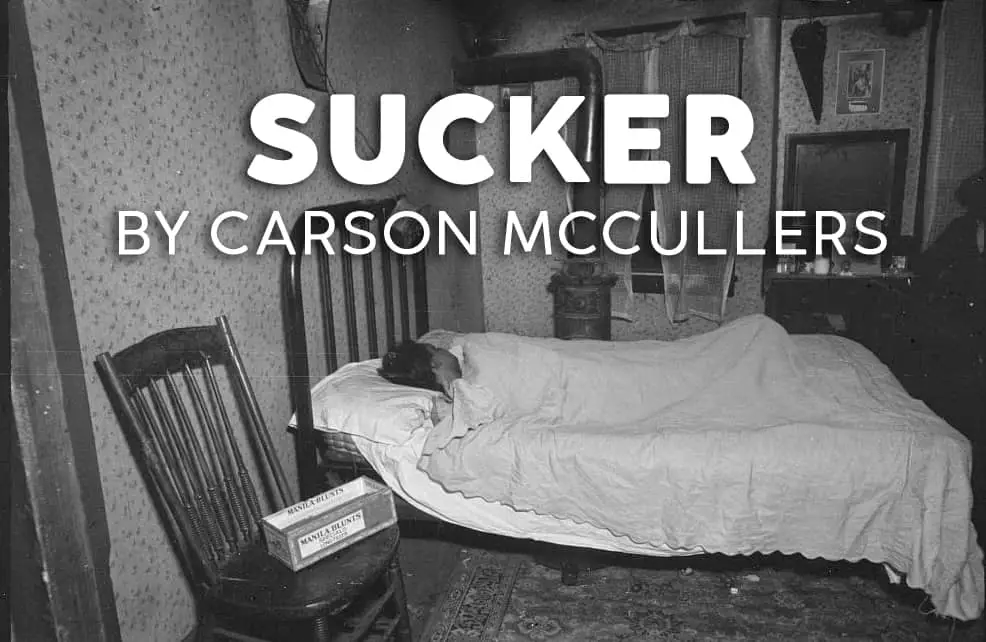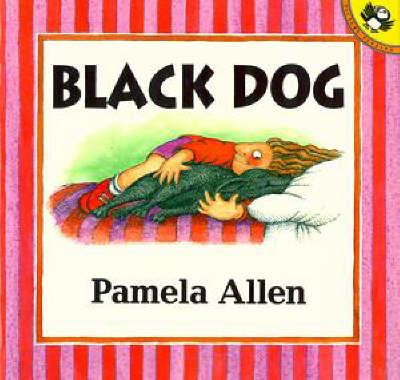-
Emotion in Storytelling: Psychic Numbing
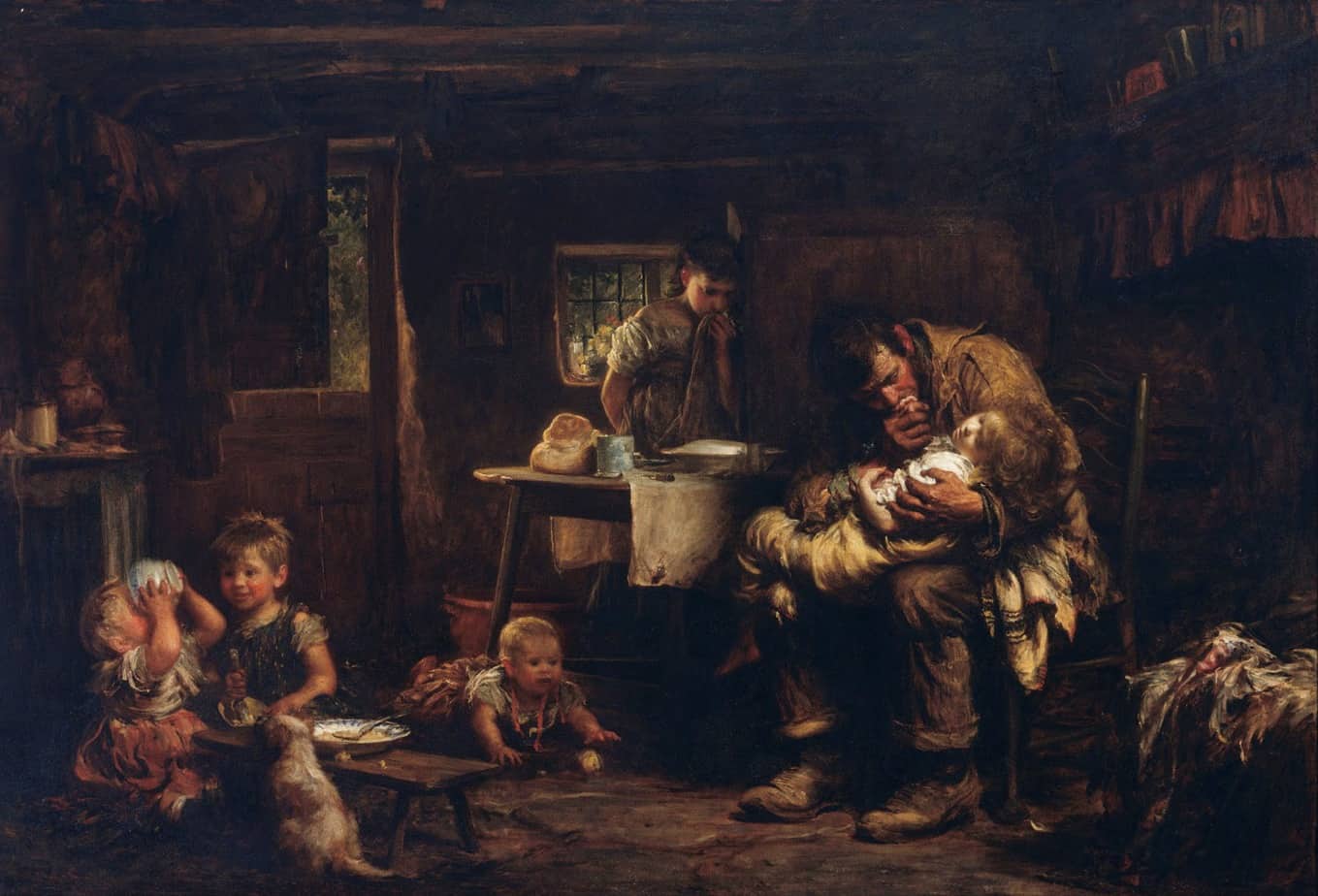
Have you heard of ‘psychic numbing’? As the number of victims in a tragedy increases, our empathy, our willingness to help, reliably decreases. This happens even when the number of victims increases from one to two. The Limits Of Human Compassion, Vox (Robert J. Lifton coined the term in 1967.) Psychic numbing is at play […]
-
Individuality, The One True Self and Social Norms In Literature
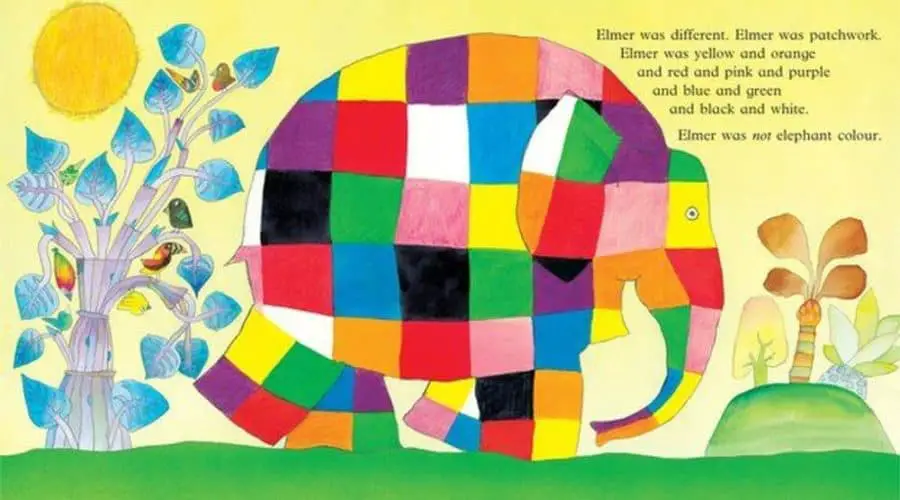
What is ‘the self’? Is it not possible that the rage for confession, autobiography, especially for memories of earliest childhood, is explained by our persistent yet mysterious belief in a self which is continuous and permanent; which, untouched by all we acquire and all we shed, pushes a green spear through the dead leaves and […]
-
Out-of-character Moments In Fiction

What does it mean to act ‘out-of-character’? I mean, they’re fictional, right? However they act must be who they are. Yet audiences and critics will sometimes feel that a fictional creation is acting out of character. Writers are always worried about moments that are ‘out of character,’ but everyone does things where you wonder ‘where […]
-
The Psychology of Hoarding

How is hoarding treated in fiction, if at all? In her short story “Free Radicals“, Alice Munro portrays a woman working through the recent loss of her husband. First, the way friends react — helpfully and unhelpfully. Funeral arrangements, immediate aftermath. Memories, both painful and beautiful, mixed in together to paint a portrait of a […]
-
Outrage News Is Powerful Storytelling

Recently I played a form of mixed doubles tennis in which the final point is served from female to female, or male to male. At our small club, when it comes to tennis skills there’s no clear division along gender lines. A number of the women can outplay the men. So I mentioned maybe we […]
-
A Dill Pickle by Katherine Mansfield Short Story Analysis
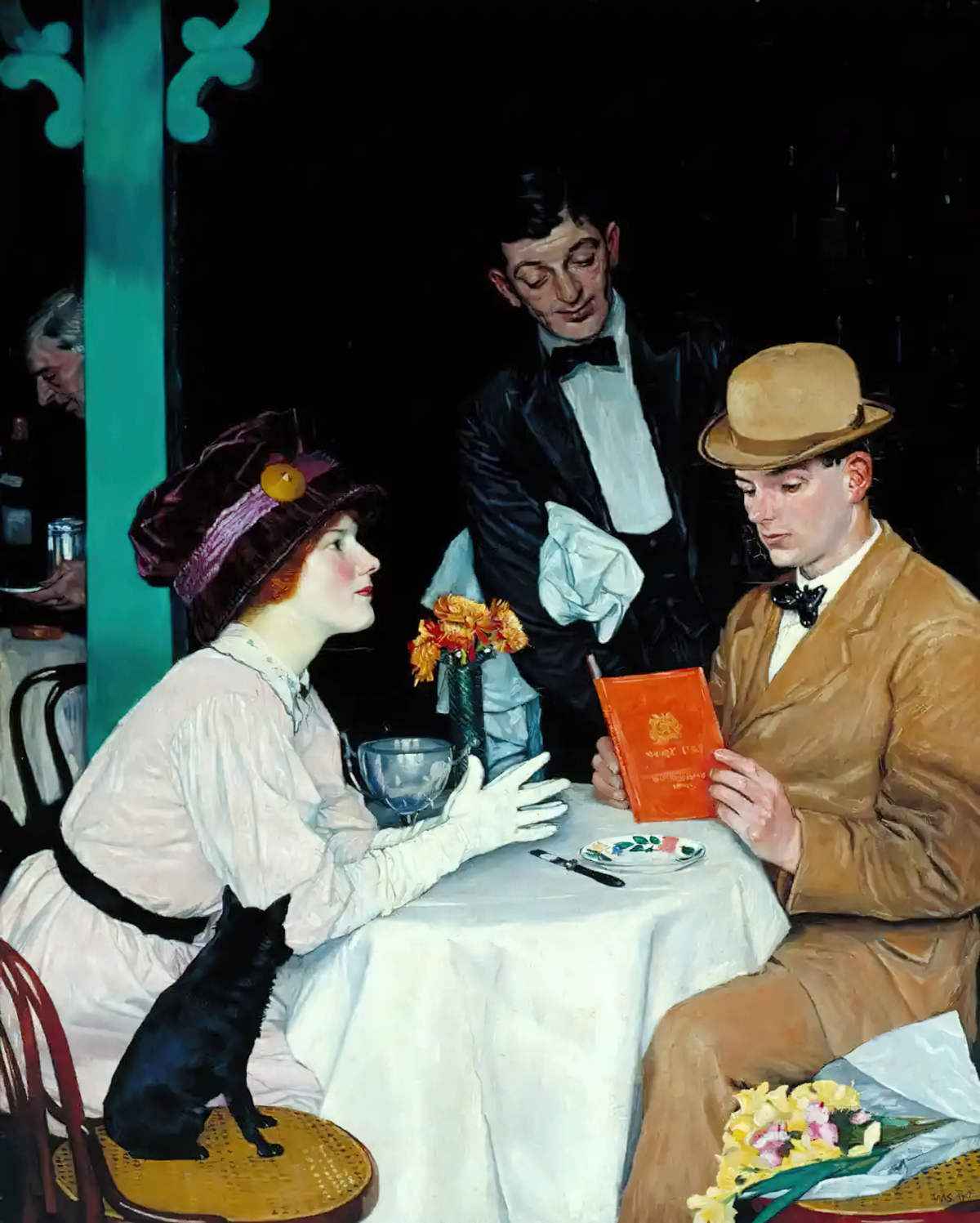
“A Dill Pickle” is a 1917 short story by Katherine Mansfield. Over the course of a single café scene, a woman meets up with a former beau. This is a feminist story about how men and women tend to communicate, and illuminates Mansfield’s deep interest in psychology. I’m in a restaurant in Cambridge and this […]
-
Introvert and Extravert Writers
Here’s the kind of introvert/extravert stuff you find in your feed and dismiss as oversimplified “research” clickbait: If you like sci-fi movies, hate pool parties and watch “The Walking Dead” then chances are you’re an introvert, according to new research. New York Post I’m not the world’s biggest fan of personality dualities. That aside, these […]
-
Inside Out And Neurodiversity
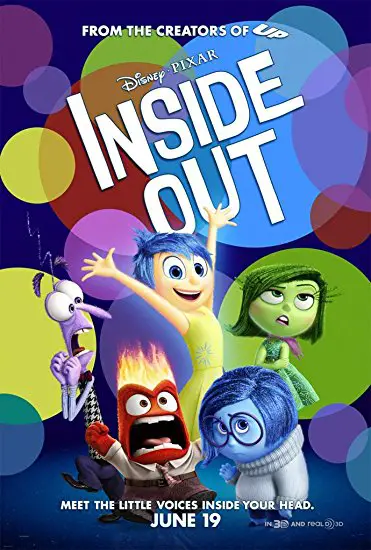
Inside Out is a 2015 Disney Pixar animated film for children. This is one of Pixar’s most popular. Inside Out is therefore fascinating from a writing point of view because it an example of the battle-free myth form, which we haven’t seen much of until recently. This one is also a pedagogically useful film. Occupational therapists […]
-
No Country For Old Men Film Study
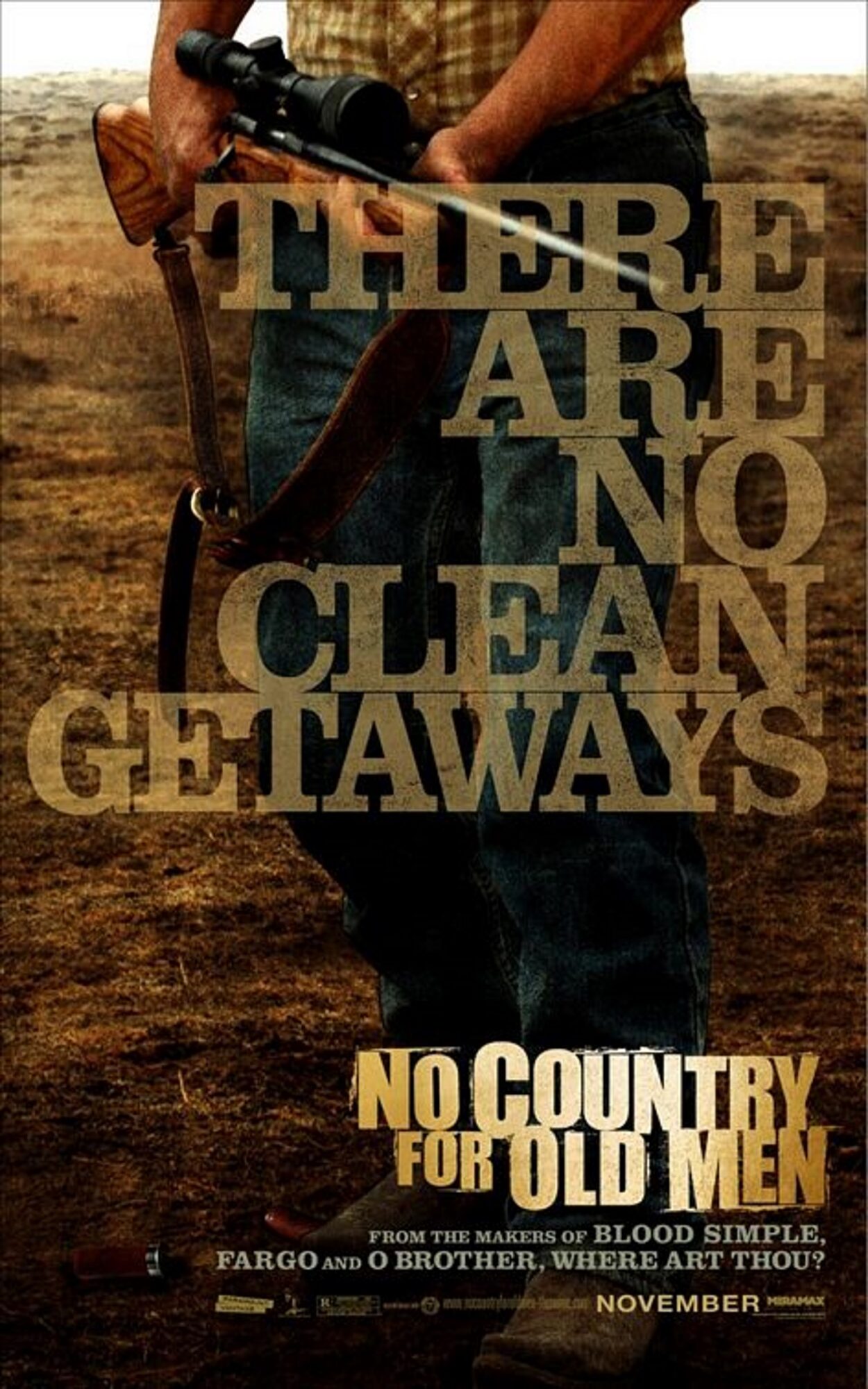
No Country For Old Men is a 2007 film based on Cormac McCarthy’s novel. Drama combines with crime and thriller to create a story about the nature of evil.
-
Psychological Novel And Children’s Literature

Modern young adult literature bears many similarities to what has previously been called ‘the psychological novel’. A psychological novel is a work of prose-fiction which places more than the usual amount of emphasis on interior characterisation, and on the motives, circumstances, and internal action which springs from, and develops, external action. Wikipedia The psychological novel is also called “psychological realism”. A […]
-
The Yellow Wallpaper by Charlotte Perkins Gilman Analysis
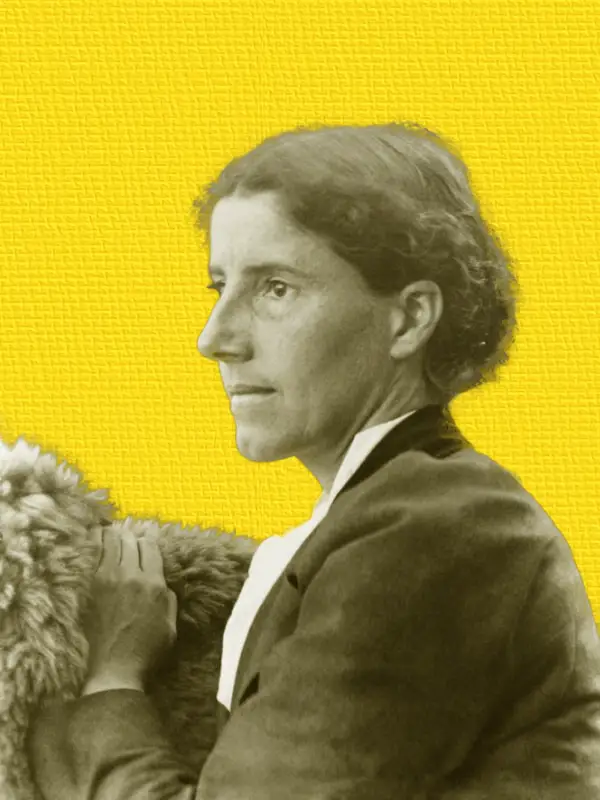
“The Yellow Wallpaper” is a famous psychological horror short story written by Charlotte Perkins Gilman. WHERE TO LISTEN You may be able to unearth the BBC dramatization of this short story somewhere e.g. on YouTube. “The Yellow Broadcast” was broadcast December 1990. Charlotte Perkins Gilman; July 3, 1860 – August 17, 1935) was a prominent […]
-
The People Across The Canyon by Margaret Millar Analysis
Hear “The People Across The Canyon” (1964) read by Douglass Greene at Alfred Hitchcock’s Mystery Magazine.
